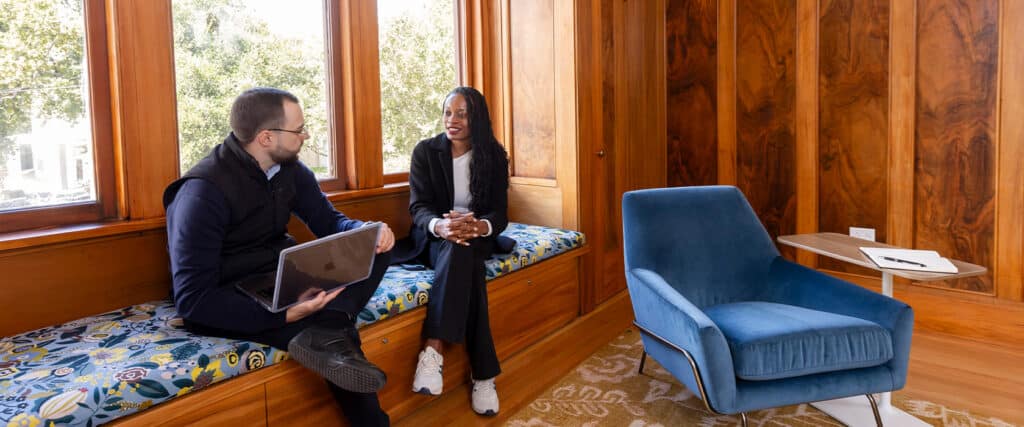The power of studying sustainability in Scandinavia
Studying in Scandinavia offers a unique learning experience and career opportunities for aspiring sustainability professionals. The region consistently leads the globe in sustainable development. We hear from Copenhagen Business School MBA graduate Catherine Merlo, who currently works as a sustainability strategy consultant at a Danish architecture firm, to learn more.







